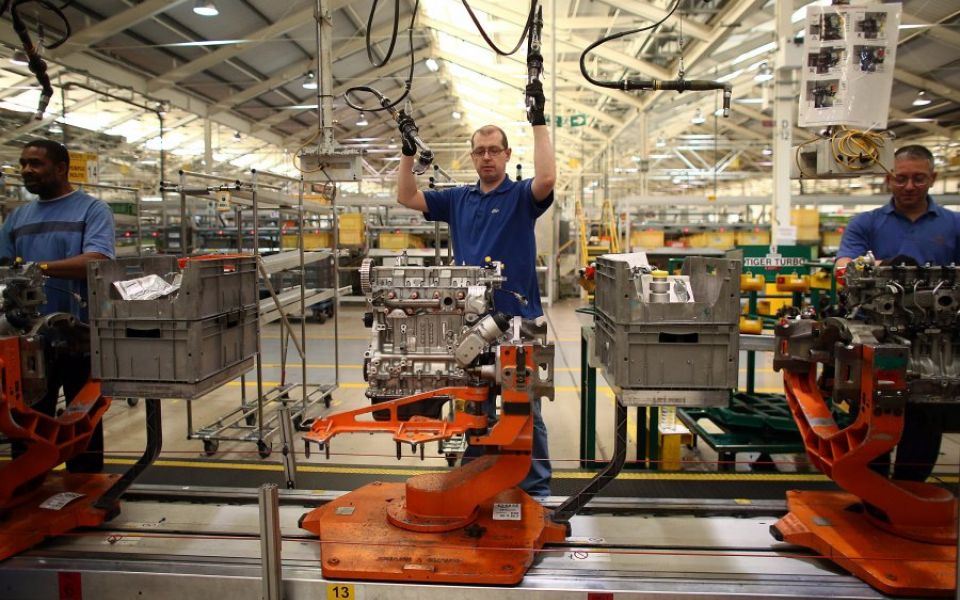Sterling finds strength from higher UK manufacturing growth

Sterling climbed on the back of stronger UK manufacturing growth this morning.
The pound was up 0.1 per cent against the US dollar at 1.304 and close to 0.4 per cent compared to the euro at 1.125.
Read more: British manufacturing output growth weakens as exports slow
Manufacturing posted a “mild” improvement in output at the end of the third quarter, according to the closely-followed IHS Markit/CIPS Purchasing Managers’ Index (PMI) figures, released today.
The sector posted 53.8 for September, up from 53.0 in August, marking its 26th consecutive month above the neutral 50 mark.
Companies credited the rate of growth – which hit a four-month high – to a solid increase in new orders from domestic and export markets, a refresh of inventories and a renewed focus on clearing backlogs of work, which fell for the ninth month in a row.
Demand for UK exports felt a small recovery after contracting in August, with manufacturers experiencing more demand from the US, Europe, Russia, Scandinavia and Canada.
It meant manufacturing firms also hired more staff, with jobs growth at small and medium companies offsetting cuts at larger scale businesses.
However, Rob Dobson, director at IHS Markit, said that higher business confidence only signalled cause for “short-term optimism”, with the sector facing many challenges.
"Conditions in manufacturing are still relatively lacklustre overall,” he said, warning that output is growing “at only a moderate pace”. He warned that while total exports grew, foreign companies appear to be sourcing fewer components from the UK.
“Many UK manufacturers also noted that the backdrop of Brexit and a volatile exchange rate were making any forecasting activity increasingly difficult, with uncertainty adding to reluctance to hire,” he added.
Read more: Business leaders lose confidence in government striking good Brexit deal
“Headcounts fell at larger companies for a second successive month. On the price front, both output charges and input costs rose at faster rates in September, which may exert further upward pressure on consumer prices in future."
Samuel Tombs, chief UK economist at Pantheon Macroeconomics, said the latest figures reflected European uncertainty over supply chains depending on what kind of Brexit deal the UK secures.
"Uncertainty about the UK’s future relationship with the EU also likely has contributed to a slowdown in demand," he said. "French manufacturers, for instance, are more likely to switch to sourcing components from other EU countries, given the risk that supply chains across the Channel could break down after Brexit. It’s hard to see growth in manufacturing output recovering until the risk of a no-deal Brexit has been extinguished."